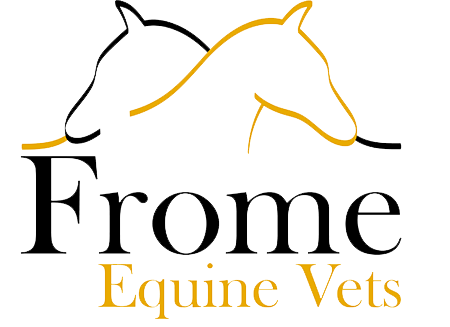Every horse, pony, donkey and mule in the UK must have an equine passport to comply with legislation. Passports can be obtained from a Defra authorised passport issuing society or association in the UK. These include Equine Breed Societies that have been recognised under commission decision 92/353/EC and International Organisations that manage horses for competitions or racing.
Each horse is issued with a unique 15-digit unique equine life number (UELN).
The passport records the following information:
-
- Record of ownership.
- Identification (including microchip number when present).
- Full medical history (including vaccinations).
- Whether the horse can be used for human consumption.
- Travel history.
- Societies with which the horse is registered.
There is considerable variation in the cost of passports, as some societies require membership before they will issue the document.
It is the responsibility of the horse’s owner to acquire a passport for their horse(s). The passport remains valid for the whole lifetime of the animal and is returned after its death.
Without a valid equine passport it is illegal to sell or move your horse to a new keeper, to export your horse, to transport or use it in competition or for breeding. There is a hefty fine for non-compliance. Transport operators can lose their license if caught transporting horses without a valid passport.
The benefits of the equine passport scheme include:
- Looking after the welfare of your horse.
- Exercising responsible ownership.
- Safeguarding the long-term health of your horse.
- Maximising the availability of veterinary treatments for your horse.
- Increasing the variety of drugs available for pain relief and other conditions.
All foals need to be microchipped for identification within a specific time limit. All new passports must include a diagram, as well as the microchip details, etc.
Contact us today for more details on how South Wales Equine Vets can assist you with your equine passport.
You can also find the latest information here on Horse Passport Overview.
We strongly recommend that the appropriate section of the passport is signed by the owner and co-signed by a competent authority to confirm that the horse is not for human consumption. If this section is not signed, the horse cannot receive some common medications (such as phenylbutazone or ‘bute’) or have a general anaesthetic. It is useful to have this section completed so that there are no concerns with this regulation in the event of an emergency. If you have any questions about this section please ask us, we are happy to co-sign this section as the competent authority to permanently sign your horse out of the food chain.

